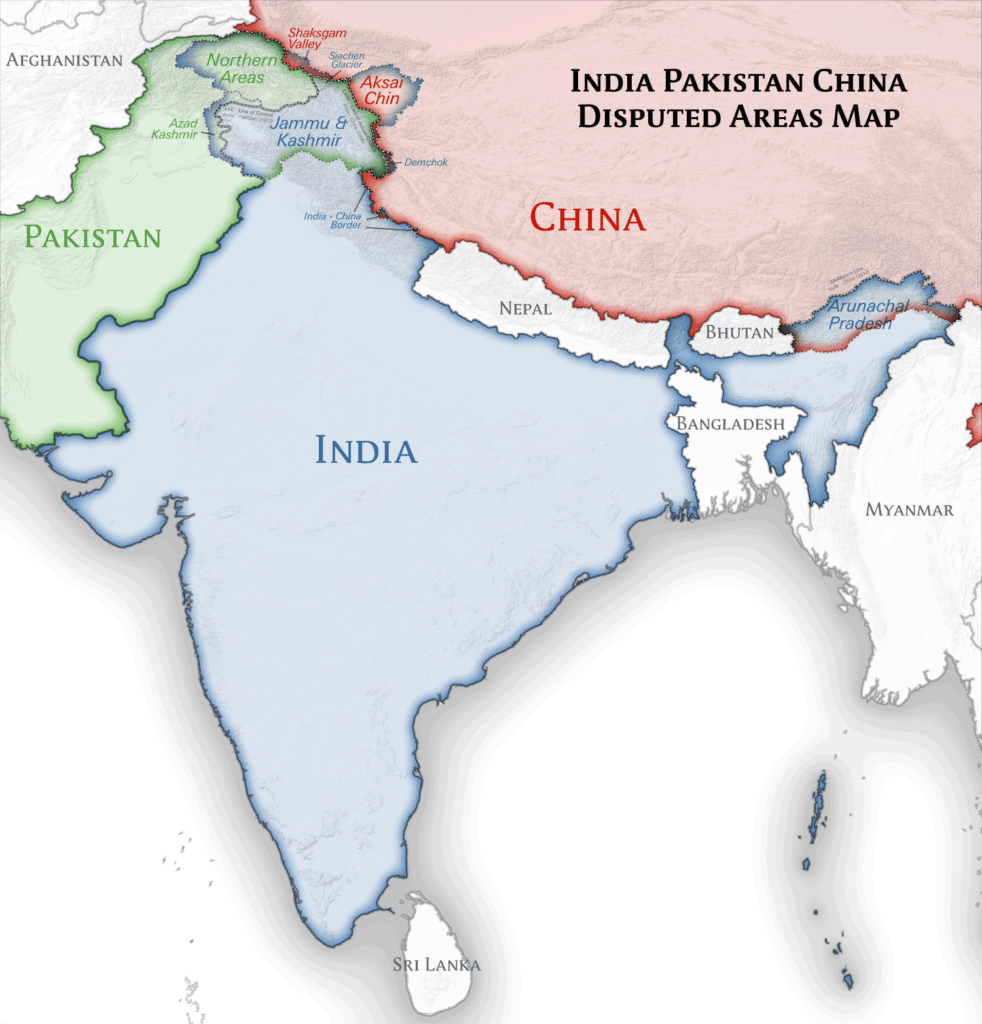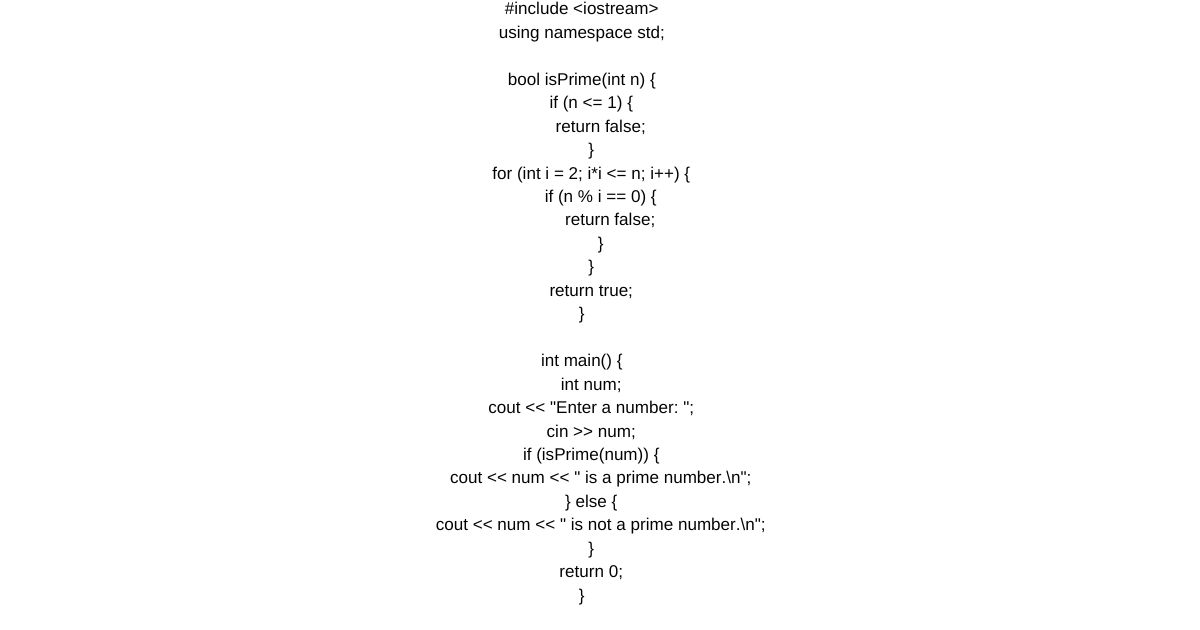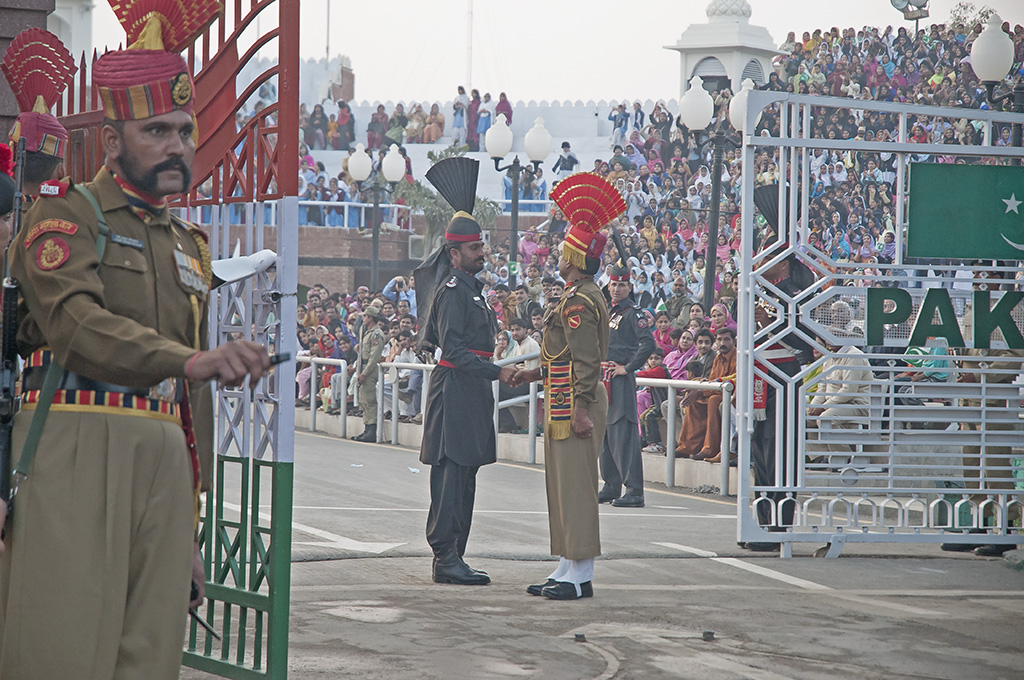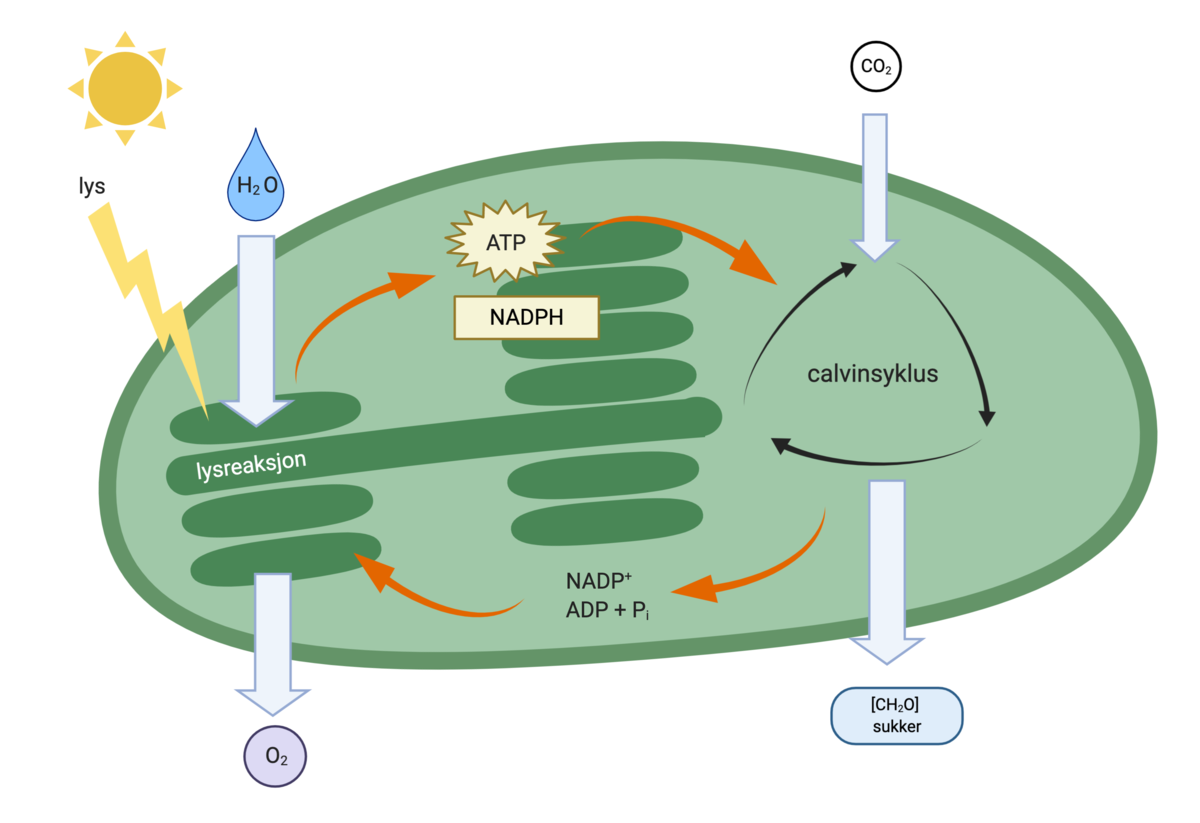Table of Contents
The Introduction of Two nation theory:
The Two-Nation Theory is the basis of the creation of Pakistan. It states that Hindus and Muslims are two distinct nations and cannot live together in peace and harmony.
This theory proposed that the two communities have different religious beliefs, cultures, and ways of life, so they should be separated. This theory was advocated by Muslim leaders in British India, such as Muhammad Ali Jinnah and Allama Iqbal.
The Two-Nation Theory was formulated in response to the growing demand for a separate homeland for the Muslims of the Indian subcontinent. It was believed that Hindus and Muslims were two distinct nations based on their different religious beliefs, cultures, and way of life.
This theory held that the two communities could not co-exist peacefully in the same country, so they should be separated. The Two-Nation Theory was used as the basis for the creation of the state of Pakistan.
It was argued that the Hindus and Muslims of the Indian subcontinent could not live together in a single country and that a separate homeland was needed for the Muslims.
The Muslim leaders argued that a separate homeland was necessary to protect the rights and interests of the Muslims of the region. Some Indian leaders, such as Mahatma Gandhi and Jawaharlal Nehru, opposed the Two-Nation Theory.
They argued that Hindus and Muslims could co-exist peacefully in the same country and that a separate homeland was unnecessary.
They believed that the two communities could live together in harmony, respect each other’s beliefs, and work together for the betterment of the entire nation.
The Two-Nation Theory ultimately prevailed and led to the creation of Pakistan in 1947. The Muslim leaders argued that a separate homeland was necessary to protect the rights and interests of the Muslims of the region.
Since then, Pakistan has been a separate nation-state, and the Two-Nation Theory has been used to justify its existence.

The Historical Development of Two nation theory:
The Two Nation Theory was a political and religious ideology that first arose in the Indian subcontinent during the 19th century when the British Raj ruled over India.
It was proposed by Muhammad Ali Jinnah, who later became the first Governor General of Pakistan, and argued that Hindus and Muslims were two distinct nations and thus should be ruled separately.
This theory was the basis of the partition of India in 1947, which led to the creation of the two independent nation-states of India and Pakistan.
The origin of the Two Nation Theory can be traced back to the Indian Rebellion of 1857, when Hindu and Muslim soldiers in the British army jointly rebelled against their British rulers.
This event led to an increased sense of communalism among both Hindus and Muslims, and the idea of a separate nation for each religious group began to take root.
In the early 20th century, the idea of a separate nation for Muslims was further strengthened by the All India Muslim League, a political party founded in 1906 to protect the interests of Muslims in British India.
The League argued that Muslims were a separate nation from the Hindus due to their distinct culture, language, and religious beliefs. Jinnah further developed this idea in his famous 1940 speech, in which he argued that Hindus and Muslims were two separate nations and, thus, should be given the right to self-determination.
The idea of a separate nation for Muslims eventually gained enough support to lead to the establishment of Pakistan in 1947, which resulted from the partition of India.
After the creation of Pakistan, Jinnah declared that the Two Nation Theory had been vindicated and that the Muslims of the subcontinent had finally achieved their goal of nationhood.
The Two Nation Theory remains an important part of the history of the Indian subcontinent, as it was the basis for the creation of two independent nation-states in 1947.
It is also the source of much controversy and debate, as it has been used to justify both religious-based violence and discrimination in the region.
The Ideological Basis of Two nation theory:
The Two-Nation Theory is an ideological basis proposed by the Muslim League in 1940 to form a separate homeland for Muslims in the Indian subcontinent.
It is based on the belief that Hindus and Muslims are two distinct nations with different religious and cultural values and that they could not co-exist in a single nation.
According to this theory, India was a land of two distinct nations, so the Muslim nation needed to have its own separate homeland. The Two-Nation Theory was based on the idea of Muslim separatism, which was a reaction to the Hindu majority rule in the Indian subcontinent.
It argued that Hindus and Muslims were two distinct nations and that they had different religious, cultural, and political values. The Muslim League argued that the two nations needed to be separated in order to protect their respective identities and traditions.
The Two-Nation Theory played a crucial role in the creation of Pakistan in 1947. The Muslim League argued that the Indian subcontinent was a land of two distinct nations and that the only way to ensure that the rights and interests of the Muslim nation were protected was to create a separate homeland for the Muslims.
This eventually led to the Partition of India and the creation of the independent state of Pakistan. Many scholars and historians have widely criticized the Two-Nation Theory.
They argue that it was based on a flawed interpretation of history and sought to divide the Indian subcontinent on the basis of religion. Moreover, it failed to consider the multiple identities and commonalities between Hindus and Muslims.
Despite these criticisms, the Two-Nation Theory remains an important ideological basis for many people in Pakistan and India.
The Role of Muhammad Ali Jinnah in Two nation theory:
Muhammad Ali Jinnah was a lawyer, politician, and the founder of Pakistan. He is revered in Pakistan as Quaid-e-Azam and Baba-e-Qaum, meaning “The Great Leader” and “Father of the Nation”.
He is also known as an advocate of the Two-Nation Theory and a key figure in the Partition of British India, which led to the formation of the Dominion of Pakistan.
Jinnah’s contribution to the Two-Nation Theory was significant, and his leadership led to its success. He was a strong proponent of the idea that Hindus and Muslims were two separate nations and that they should have separate homelands.
He argued that Hindus and Muslims had different cultures, traditions, languages, and beliefs, and therefore they could not live together in one country.
He further argued that the idea of one India was not realistic because it would lead to a situation of “majority rule” which would be detrimental to the minority groups.
Jinnah’s vision was to create an independent Muslim state in the Indian subcontinent, and he advocated for the partition of India based on the Two-Nation Theory.
He worked tirelessly to convince the political leaders of both India and Pakistan to agree to partition India. He also led several negotiations and diplomatic efforts to secure the international community’s support for the creation of Pakistan.
The Two-Nation Theory was strongly supported by Jinnah and it was his vision that led to the formation of Pakistan. He was a great leader and his contributions to the Two-Nation Theory and the Partition of India are remembered and honored to this day.
Pakistan’s Position in Two nation theory:
The Two-Nation Theory is the ideological foundation of the Partition of India in 1947 and the creation of the state of Pakistan. It proposes that Hindus and Muslims are two separate nations and that Muslim-majority areas should be part of an independent Muslim state.
It is based on the belief that Hindus and Muslims have different cultures, religious beliefs, and social customs, and therefore cannot coexist in a single nation. Pakistan was created as an independent country in 1947 under the Two-Nation Theory.
The theory was based on the idea that the subcontinent’s Hindu and Muslim populations could not peacefully coexist in a single nation, due to their distinct religious and cultural differences.
The partition of India was based on this theory and it led to the formation of two separate countries – India and Pakistan. The Two-Nation Theory is still an important part of Pakistan’s national identity and is often used to explain the country’s political and social divisions.
Pakistan’s government is based on the Islamic Republic of Pakistan, which is a testament to the Two-Nation Theory and its lasting impact on the country. Today, Pakistan is a unique example of a country formed based on the Two-Nation Theory.
Despite the fact that Pakistan has a large population of non-Muslims, it is still considered a Muslim-majority nation. The country is officially a secular state, with its Constitution guaranteeing freedom of religion.
This has led to some tension between religious and ethnic groups, as well as between the government and civil society. Pakistan’s position on the Two-Nation Theory is still in flux. The country is trying to reconcile its identity as an Islamic nation with its commitment to secularism and democracy.
This has led to some political divisions, as some people argue that the country should be more closely aligned with Islamic values and others argue for a more secular approach.
This debate is ongoing and will likely continue for some time.
The References:
The two-nation theory The two-nation theory is a political and religious concept that states that Muslims’ primary identity and main loyalty source in the Indian subcontinent is their religion rather than their language or ethnicity.
It was the basis for the creation of the state of Pakistan and is the ideological foundation of the Muslim nationalist movement in India. The theory holds that Hindus and Muslims are two distinct nations and that the two have different cultural and religious backgrounds.
According to the theory, the two communities are incompatible and cannot live together in harmony. The All India Muslim League first proposed the two-nation theory in 1940, in its Lahore Resolution.
This resolution paved the way for the creation of the state of Pakistan in 1947. The two-nation theory has been contested by many scholars and historians, who have argued that it is based on a false dichotomy between Hindus and Muslims.
It has also been criticized for ignoring the diversity within both communities and the fact that the two communities have often lived together in harmony. Despite its contested nature, the two-nation theory remains an important part of the discourse on the history and politics of South Asia.
It has been referenced in many works, including books, articles, and documentaries. These references range from academic works to popular media. Some noteworthy references to the two-nation theory include
1. The Shadow of the Great Game: The Untold Story of India’s Partition by Narendra Singh Sarila. This book provides a detailed account of the events leading up to the partition of India, and the role that the two-nation theory played in it.
2. The Partition of India: 1947 by Urvashi Butalia. This book offers an in-depth analysis of the two-nation theory and its implications on the creation of Pakistan.
3. The Blood Telegram: Nixon, Kissinger, and a Forgotten Genocide by Gary J. Bass. This book examines the 1971 crisis in East Pakistan and the role of the two-nation theory in the conflict.
4. The Muslims of British India by Francis Robinson.
This book provides a comprehensive overview of the Muslims in British India and of the two-nation theory.
Also, read Kranz Anatomy
































Comment on “Two nation theory”
Comments are closed.